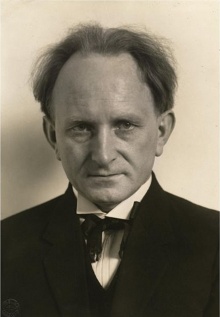A Quote by Homaro Cantu
Sweet treats are as much a part of our culture as they are our taste palettes, and it can sometimes seem as though sugary snacks are everywhere.
Related Quotes
Even the song of birds, which we can bring under no musical rule, seems to have more freedom, and therefore more for taste, than a song of a human being which is produced in accordance with all the rules of music; for we very much sooner weary of the latter, if it is repeated often and at length. Here, however, we probably confuse our participation in the mirth of a little creature that we love, with the beauty of its song; for if this were exactly imitated by man (as sometimes the notes of the nightingale are) it would seem to our ear quite devoid of taste.
The history of lead is a history of neglect. It's a history of decisions on our part not to address the broad implications of what we did to ourselves during the industrial revolution and in the first part of the century when our cities expanded broadly, when we built our housing and we began to depend upon lead as a mainstay of our new industrial culture. We put this stuff in even though we knew it was dangerous, we knew it was going to hurt kids.
In a culture fueled by burnout, a culture that has run itself down, our national resilience becomes compromised. And when our collective immune system is weakened, we become more susceptible to viruses that are part of every culture because they're part of human nature - fear-mongering, scapegoating, conspiracy theories, and demagoguery.
It is due to justice; due to humanity; due to truth; due to the sympathies of our nature; in fine, to our character as a people, both abroad and at home, that they should be considered, as much as possible, in the light of human beings, and not as mere property. As such, they are acted on by our laws, and have an interest in our laws. They may be considered as making a part, though a degraded part, of the families to which they belong.





































